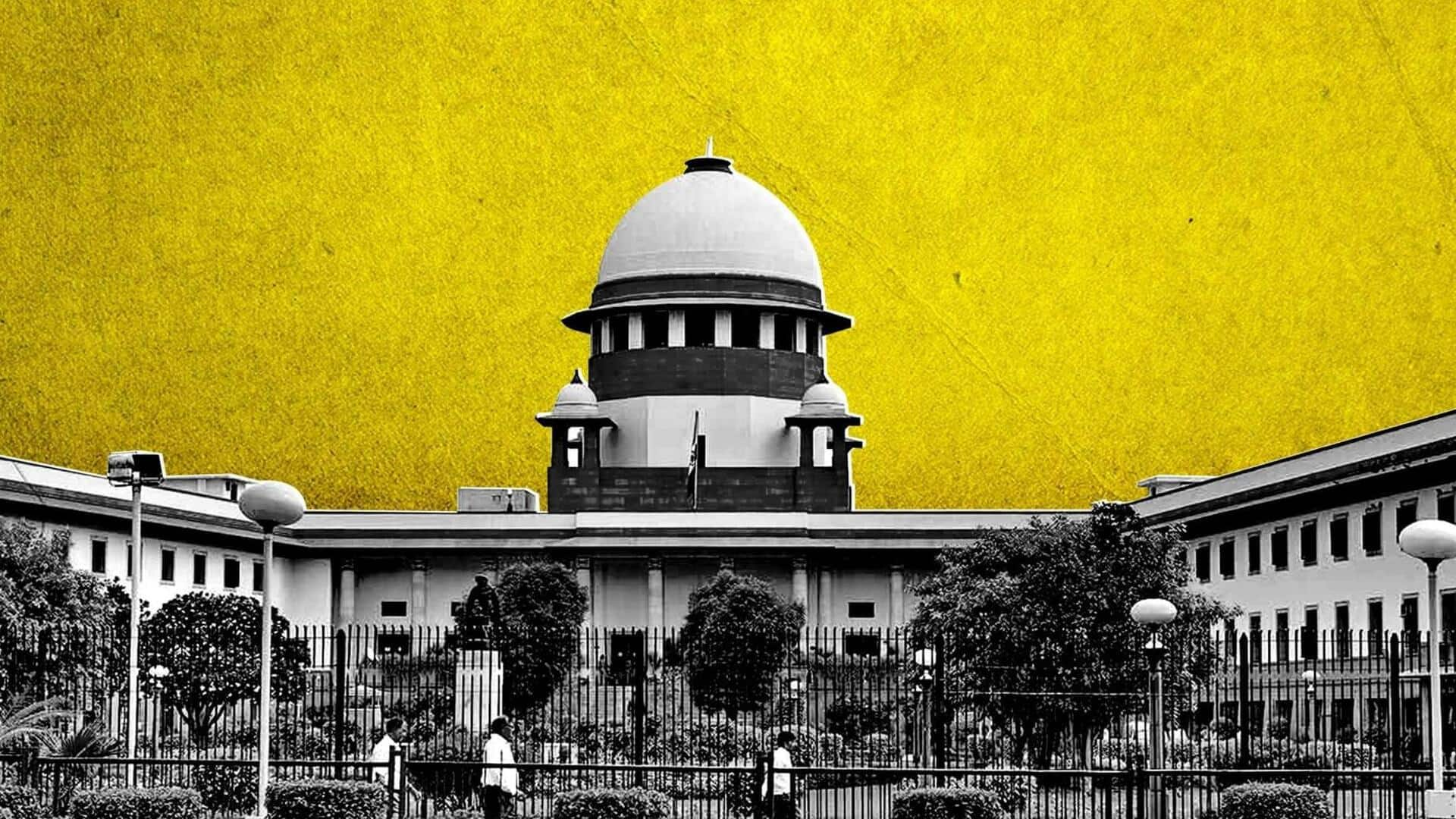
20 million died accepting Darwin's theory, claims man: SC responds
What's the story
The Supreme Court of India, on Friday, dismissed a petition challenging the validity of Albert Einstein and Charles Darwin's theories.
A bench comprising of Justices Sanjay Kishan Kaul and Sudhanshu Dhulia explained that a writ petition under Article 32 of the Indian Constitution should not be used until there was a threat to fundamental rights.
The petitioner claimed that 20 million people had lost their lives due to their belief in Darwin's theory of evolution.
Context
Why does this story matter?
Article 32 is known as the "heart and soul of the Indian constitution" and allows citizens to move to court if they are denied their fundamental rights.
In this case, Raj Kumar filed a petition based on his beliefs regarding established scientific theories. He asserted that he studied both the theories in school and college but later discovered they were wrong.
The SC told Kumar that it could not be a writ petition as it didn't endanger his fundamental rights.
Details
SC asks Kumar to refine, propogate his stories
The SC bench advised Kumar to focus on refining his theories instead of seeking the court's intervention in dismissing the earlier theories.
They encouraged the petitioner to promote his own beliefs if he disagreed with the established theories.
"You do your own theory and propound it. If you feel that two theories that have existed for a long time are wrong..you propagate your...theory," Justice Kaul said.
The SC concluded that the petition wasn't related to a fundamental rights violation.
What Next?
Understanding Darwin and Einstein's theories
In a nutshell, Charles Darwin's theory of evolution suggests that all living organisms evolved through a process called natural selection. This process enables species to adapt to their environment over time, with beneficial traits becoming more common in future generations.
On the other hand, Albert Einstein's theory of special relativity deals with the relationship between energy and mass. His well-known equation, E=mc², shows that energy and mass are interchangeable.
Insights
Implications of the SC's decision
The rejection of this petition underscores the limitations of legal intervention in matters related to scientific theories and beliefs.
It supports the notion that scientific disputes should be addressed within the scientific community rather than in courts.
It also highlights the importance of protecting fundamental rights under Article 32 of the Indian Constitution, ensuring that the judiciary focuses on issues directly related to these rights.